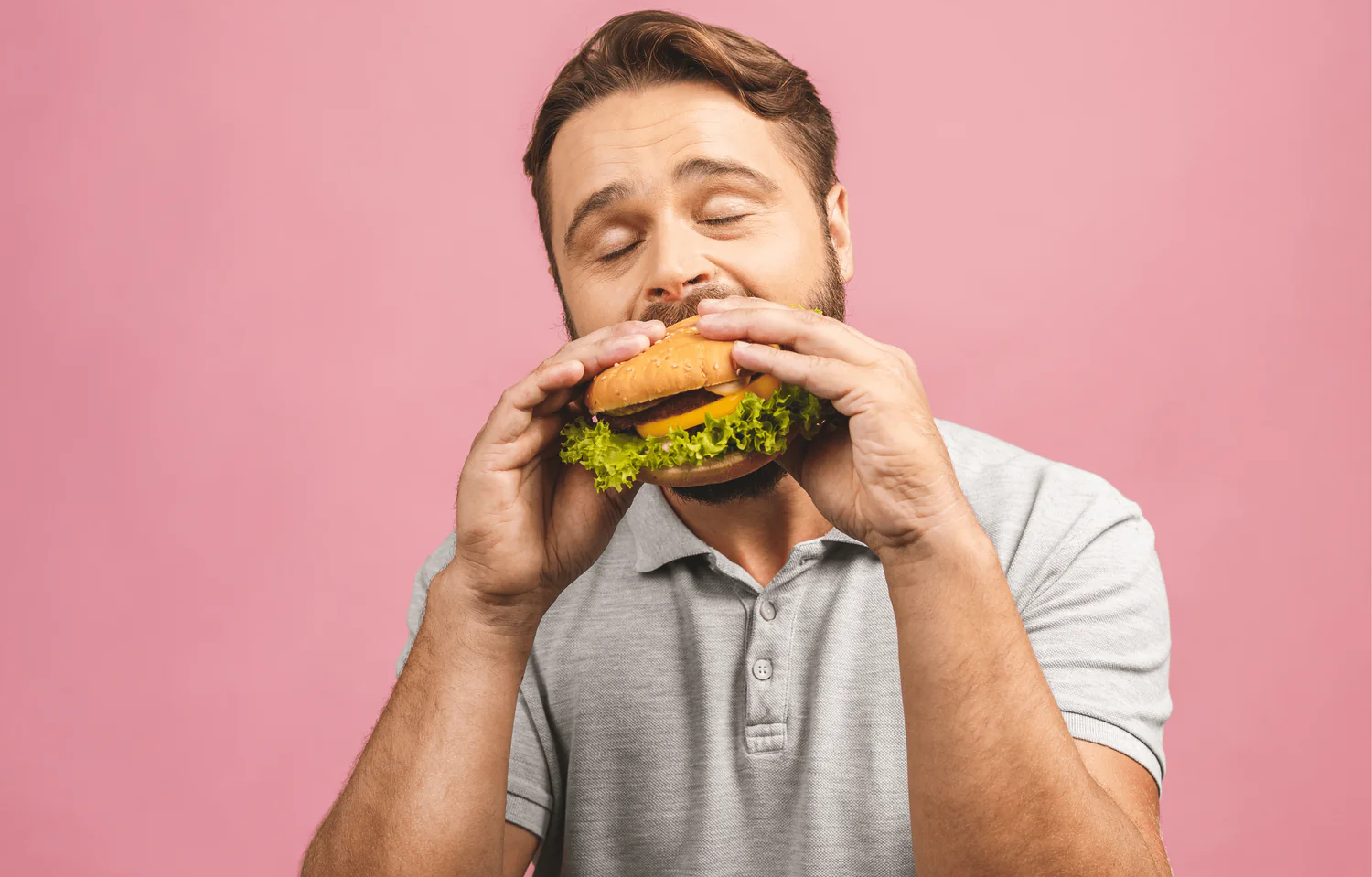If you often find yourself rushing to the bathroom immediately after eating, you’re not alone. This common experience, while sometimes puzzling, is usually a result of a natural bodily process known as the gastrocolic reflex. But what exactly does this mean, and should you be concerned? Here’s what experts say about this phenomenon and how it relates to your overall digestive health.
The Gastrocolic Reflex: A Normal Body Response
The gastrocolic reflex is a natural reaction that occurs in your digestive system after eating. This process involves a series of signals between your stomach, brain, and colon, which work together to keep your digestive system functioning efficiently.
When you eat, your stomach stretches to accommodate the incoming food. This stretching sends signals to your brain, which then prompts your colon to contract. These contractions help move waste material in your colon closer to being expelled, creating room for the newly digested food to pass through the gastrointestinal (GI) tract.
Contrary to what it might seem, the bowel movement you experience shortly after eating is not from the meal you just consumed. Instead, it’s from food that was already in your digestive system, processed and waiting to be expelled.
 Source: Freepik Premium
Source: Freepik Premium
Why the Reflex May Be Stronger in Some People
While the gastrocolic reflex is a normal and essential part of digestion, some people experience it more intensely than others. For individuals with heightened digestive sensitivity, such as those diagnosed with Irritable Bowel Syndrome (IBS), this reflex can feel exaggerated.
IBS is a common condition that affects the digestive tract and is characterized by symptoms like abdominal pain, bloating, gas, diarrhea, and constipation. For those with IBS, the gastrocolic reflex can trigger more forceful colon contractions, often leading to an urgent need to use the bathroom immediately after meals.
Stress and anxiety can also amplify the gastrocolic reflex. If you’re feeling anxious, your body’s stress response may intensify the contractions in your digestive system, making you more likely to experience post-meal urgency.
 Source: Freepik Premium
Source: Freepik Premium
Foods That Can Trigger the Gastrocolic Reflex
Certain foods are known to stimulate the gastrocolic reflex more than others. For individuals with a sensitive digestive system, these foods may act as triggers, causing discomfort or urgency after eating.
Here are some common culprits:
- Carbonated Beverages: The fizz in sodas and sparkling water can increase gas in your digestive system, leading to bloating and faster bowel movements.
- Alcohol: Alcohol can irritate the lining of the stomach and intestines, speeding up digestion in some cases.
- Dairy Products: For those who are lactose intolerant or sensitive, consuming dairy can lead to gastrointestinal upset.
- Citrus Fruits: Foods like oranges and grapefruits are acidic and can irritate the stomach.
- Fried or Fatty Foods: These can be harder to digest and may stimulate the gastrocolic reflex more intensely.
If you suspect certain foods are triggering your symptoms, try keeping a food diary. Track what you eat and how your body responds to identify patterns and potential triggers.
Managing Symptoms of an Overactive Gastrocolic Reflex
If you frequently feel discomfort or urgency after meals, there are strategies you can use to manage your symptoms:
- Eat Smaller Meals: Large meals can overstimulate the gastrocolic reflex. Try eating smaller portions more frequently throughout the day.
- Identify and Avoid Triggers: Once you’ve pinpointed foods that aggravate your symptoms, try to limit or avoid them.
- Practice Stress Management: Techniques like deep breathing, meditation, or yoga can help reduce the impact of stress on your digestive system.
- Stay Hydrated: Drinking plenty of water helps maintain smooth digestion and can prevent constipation, which might worsen symptoms.
- Consult a Healthcare Professional: If your symptoms are persistent or disruptive, it’s important to seek medical advice. A doctor can rule out underlying conditions like IBS or other GI disorders and recommend appropriate treatments.
When to See a Doctor
While the gastrocolic reflex is usually harmless, there are times when frequent post-meal bowel movements could signal a more serious issue. If you experience any of the following, it’s time to consult a healthcare provider:
- Persistent diarrhea or constipation
- Blood in your stool
- Unexplained weight loss
- Severe abdominal pain or cramping
- Changes in bowel habits lasting more than a few weeks
Your doctor may perform tests or recommend lifestyle changes to help address the root cause of your symptoms.
Embracing Digestive Health
Understanding the gastrocolic reflex can help demystify the urge to poop immediately after eating. For most people, this process is a normal part of digestion, ensuring your body efficiently processes and eliminates waste. By paying attention to your body’s signals, identifying triggers, and making mindful dietary choices, you can take control of your digestive health.
If your symptoms are severe or interfere with your daily life, don’t hesitate to seek medical advice. With the right approach, you can manage your symptoms and enjoy a healthy, balanced life.

